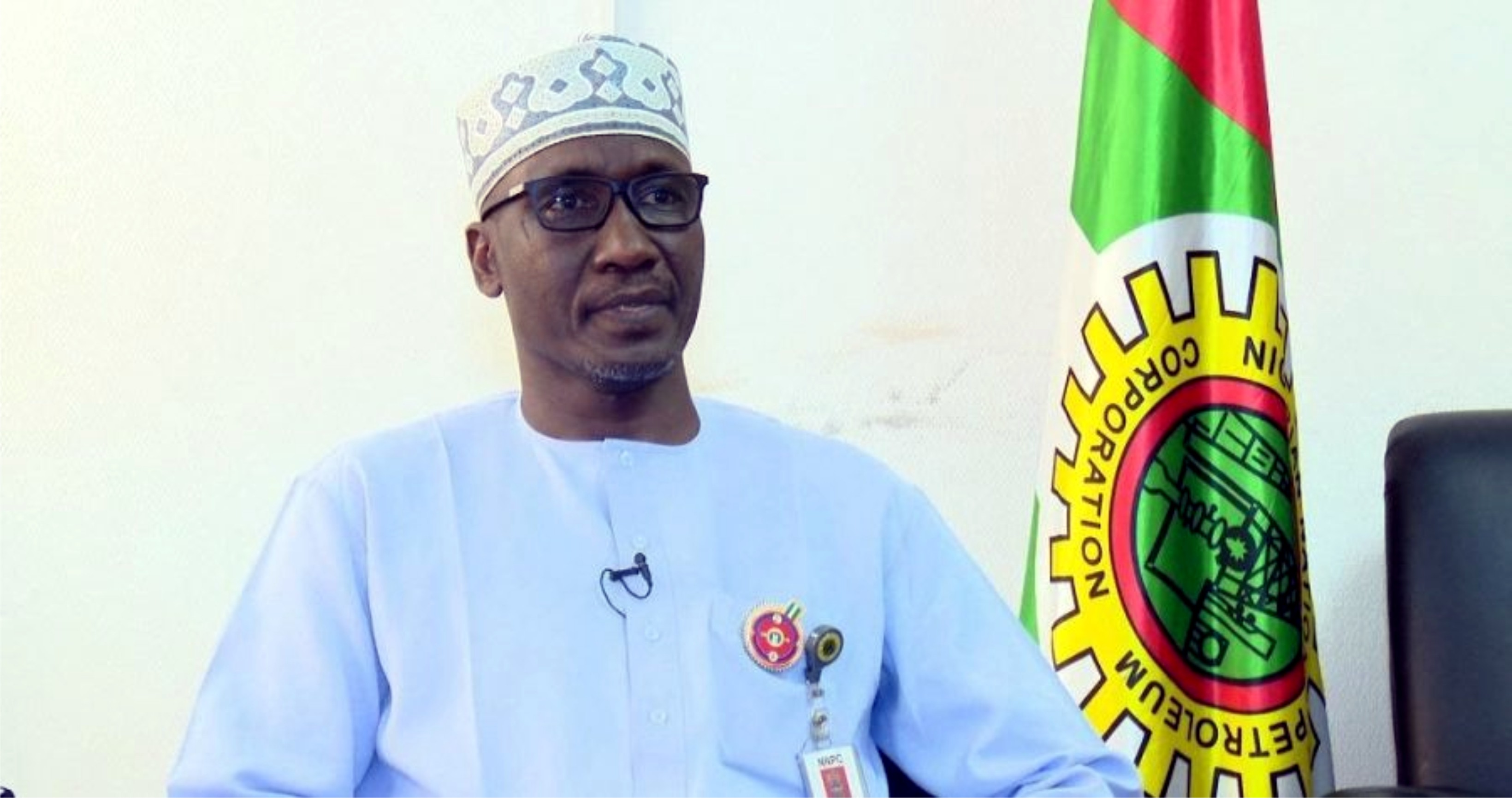Business
$21.686bn NLNG Fund: Reps Angry Over NNPC’s Rejection Of Summons

The House of Representatives Committee on Public Accounts says it is not happy by the refusal of the Group Managing Director of the Nigerian National Petroleum Corporation (NNPC), Mr. Mele Kyari, to appear before the House over the audit query issued to the corporation by the Auditor General of the Federation on the illegal withdrawals of $20.301 billion from the Nigerian Liquefied Natural Gas (NLNG) Dividends account.
Chairman, House Committee on Public Accounts, Rep. Wole Oke and other members who expressed the concern at the weekend, reinstated the need for the NNPC Group Managing Director and other relevant agencies to appear before the Committee to account for the disbursement of the money.
“I, and members of the Committee, are not happy that the GMD (of the NNPC), has failed several times to appear before us and give an account of this money”, Rep. Oke said.
The details of the NLNG transaction are contained in the document submitted to the House Committee on Public Accounts, by the Revenue Mobilisation Allocation and Fiscal Commission (RMAFC) on the need to ‘investigate the illegal withdrawals from the Nigerian Liquefied Natural Gas (NLNG) Dividends account by the management of Nigerian National Petroleum Corporation’.
According to the document, “from the total sum of $21.686 billion revenue accrued into the NLNG dividend account from 1999 to 2020, NNPC expended a total sum of $20,300,772,850 from the account leaving a credit balance of $1,384,875,073.39 as at 30th June 2020.”
The report stated that the sum of “$100 billion was generated by NLNG in sales revenue since inception. The company also has paid over $18 billion as dividends through NNPC and $6.1 billion as Company Income Tax (CIT) through the Federal Inland Revenue Service (FIRS).
“In addition, the company also said that over $15 billion has been expended by NLNG for the purchase of feedstock gas for its operations.
“Furthermore, between April 2002 and March 2007, the company paid a sum of $450,000 as Licence Fees and as the sum of N28,696,259.30 as NLNG Licence Renewal between the period 1999 and 2017 to the Department of Petroleum Resources (DPR).
“With respect to the payment of dividend, the NLNG reported that it has fully paid all dividends due to the Federation Account to NNPC.
“ Breakdown of the NLNG income tax payment from 1999 to 2020 showed that no revenue was paid between 1999 to 2013 (enjoyed pioneer status); sum of $1,301,544,000 was paid in 2014; $1,491,992,000 paid in 2015; $625,331,000 paid in 2016; $304,669,000 [aid in 2017; $704,182,000 paid in 2018; $907,754,000 paid in 2019 and $764,143,387 paid in 2020.
“It may be important to state that, the Commission in the discharge of its monitoring mandate visited the NLNG in August 2008, March 2013 and has consistently requested NNPC to remit all dividends received from NLNG to the Federation Account.
“Information available to the Commission indicates that a sum of $21,685,647,923.39 accrued into the NLNG Dividend Account from inception to 30th June, 2020.
“Details on how NNPC disbursed the $20.3 billion, showed that NLNG secretariat got $1,854,041.47; NLNG scheme 4 top up got $159.250 million; Brass LNG Scheme funding got $574,420,529.92; West African Gas Pipeline got $259,900,409; N-Gas (Takoradi, CEB Account, Gas Monitoring Station got $9,433,400; Trans-Sahara Gas Pipeline got $1,278,810.50; Olokola LNG got 216,928,550.55, while security project got $1.520 billion”, the report states in part.
Business
Ban On Satchet Alcoholic Drinks: FG To Loss N2trillion, says FOBTOB

Business
Estate Developer Harps On Real Estate investment

Business
FG Reaffirms Nigeria-First Policy To Boost Local Industry, Expand Non-oil Exports




